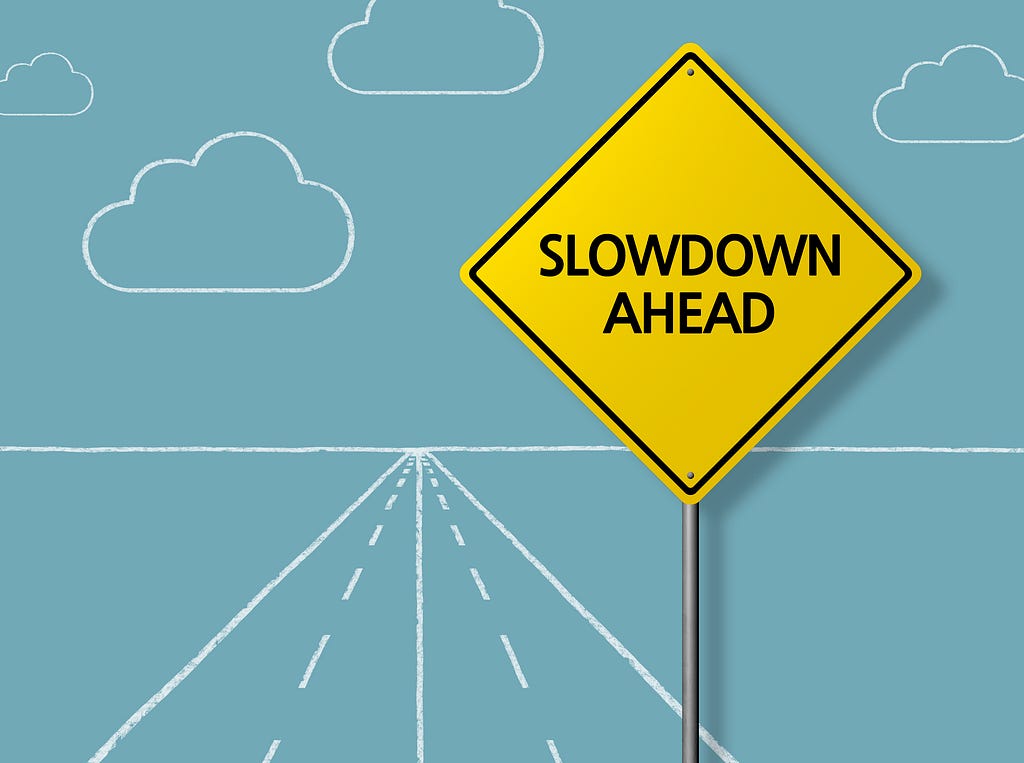Latest news about Bitcoin and all cryptocurrencies. Your daily crypto news habit.

Internet service providers would like you to think there’s broad agreement on net neutrality because everyone agrees cable companies shouldn’t block or slow access to websites and online services. But mention the words “paid prioritization” and you’ll get a much different reaction. The issue is sure to divide the House Energy and Commerce Committee during its hearing on the topic next week.
Paid prioritization refers to an ISP charging a website or online service for better and quicker access to users, effectively creating internet “fast lanes.” Since studies show that even small changes in web page loading times can have significant impacts on user behavior, a company that can pay to connect to their users faster will be at a huge advantage.
Paid prioritization is especially harmful to startups, which are often competing against deep-pocketed incumbents. A startup with just tens of thousands of dollars in funding can’t outspend market giants for faster access to users. Small companies with less funding will be at a serious disadvantage as larger firms use paid prioritization for anti-competitive reasons. This problem will be most acutely felt by the startups who dare to compete with services owned or affiliated with ISPs, like a video streaming service that could replace cable TV.
ISPs and their allies often try to gloss over this problem. They extol the virtues of charging for better, faster access to users. Don’t be surprised if during next week’s hearing there’s pearl-clutching about vital latency-sensitive services that rely on high speed connections to users. You wouldn’t want telemedicine services or an autonomous vehicle to experience lags or buffering, would you?
But no one is arguing that prioritization can never be pro-consumer. The FCC’s 2015 net neutrality rules created a waiver system so an ISP could offer prioritized access if it showed it would not degrade consumer choice, competition, or expression. That critical telehealth service or autonomous vehicle data net neutrality critics are fretting about? As long as prioritizing that traffic wouldn’t distort markets, it would almost certainly have been just fine under the 2015 rules. But ISPs prefer to talk about those specialized services rather than the blatantly anti-consumer and anti-competitive paid prioritization schemes that are much more likely to be quietly implemented.
In the wake of the 2015 rules, ISPs claimed that the rules could cost them tens of billions of dollars in lost incentives. Now that those rules are gone, where will those tens of billions of dollars come from? The obvious answer is paid prioritization schemes that would allow ISPs to charge websites and online services for better access to users. Big Internet companies may be able to afford to pay tens of billions of dollars to ISPs for fast-lanes, but startups cannot. Faced with this unlevel playing field, startups will have trouble reaching users, gaining traction, and justifying the higher costs to investors.
See more:
Paid Prioritization: Leaving Startups in the Slow Lane was originally published in Hacker Noon on Medium, where people are continuing the conversation by highlighting and responding to this story.
Disclaimer
The views and opinions expressed in this article are solely those of the authors and do not reflect the views of Bitcoin Insider. Every investment and trading move involves risk - this is especially true for cryptocurrencies given their volatility. We strongly advise our readers to conduct their own research when making a decision.